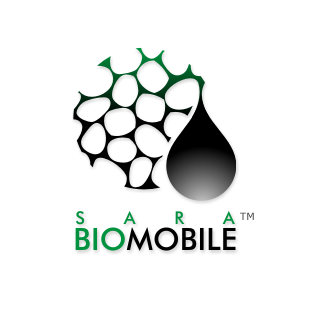Oil is an energy source that drives industrialization and continued economic growth. In many industrialized nations such as the United States, domestic oil production is in decline and the likelihood of discovering large, new oil reserves is low. This makes it essential that the remaining resources are to be used wisely. Microorganisms will play a pivotal role in determining the quality and effective use of petroleum resources. The problems encountered with petroleum exploitation should be viewed with microorganisms in mind.
Microbes BioSciences has over twenty years experience in the microbial enhanced oil recovery business. Its technology was developed and proved in the US and projects have been successfully completed in China, Argentina, Indonesia, Ecuador, Venezuela and the former Soviet Union. Its technology is based on isolating and culturing natural hydrocarbon reducing microorganisms and introducing these microbes into petroleum reservoirs through production and injection wells.
Microbes BioSciences’ SARA BioMobile is a bacterial consortium of scientific strains of microbials for enhanced oil recovery. All microbials are naturally-occurring, non-toxic, non-GMO and are all proven in the oil field.
The porous medium of reservoir rock is a natural habitat for microorganisms. These scientific strains of bacteria colonize and migrate outward, actively working at the oil-water interface. In many oil-producing reservoirs much of the water is attached to rock and does not move. As oil production percolates through the microbe colony, heavy oils are reduced into thinner, less viscous components.
The microbial process produces numerous byproducts resulting in enhanced oil recovery and less viscous oil.
Microbial processes have several unique advantages over other EOR technologies:
- Microbial processes do not consume large amounts of energy as do thermal processes.
- Microbial processes do not depend on the price of crude oil as do many chemical processes.
- Microbial growth occurs at exponential rates, so it is possible to produce large amounts of useful products rapidly from inexpensive and renewable resources.
When Microbial Enhanced Oil Recovery processes are implemented in the field, the efficiency of oil recovery is often dominated by the volumetric sweep efficiency. Microbial changes in volumetric sweep efficiency are often linked with favorable alterations in its capillary pressures and mobility ratio that results in a uniform displacement of stranded oil and more produced oil.
